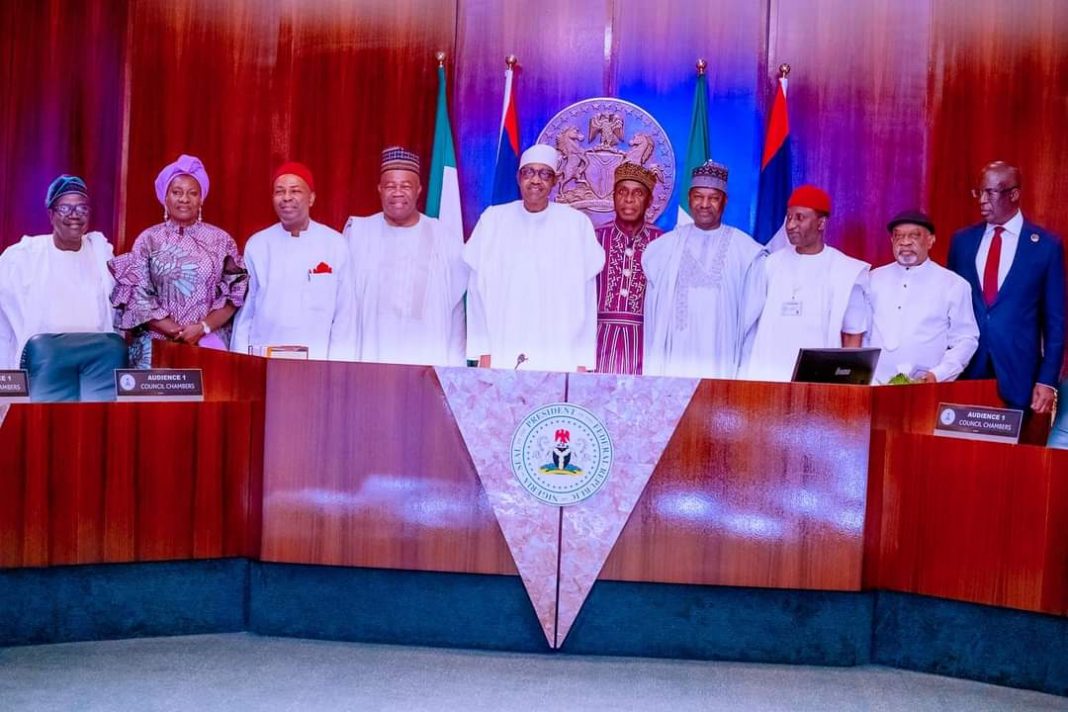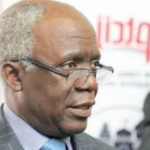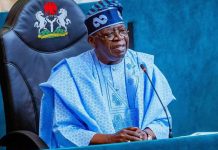At the last Federal Executive Council meeting on Wednesday, May 11, President Muhammadu Buhari directed all ministers and other political appointees who aspire to contest for elective offices in the 2023 general elections to resign their appointments. In compliance with the directive, nine ministers resigned their appointments. The nine former ministers are Rotimi Amaechi, Godswill Akpabio, Ogbonnaya Onu, Timipre Sylva, Chris Ngige, Abubakar Malami (SAN), Uche Ogah, Pauline Tallen and Chief Tayo Alasoadura.
In a farewell meeting held with the former ministers on Friday, May 13, President Buhari thanked them for serving the nation sacrificially, ”with dignity and honour”. While wishing them success in the upcoming elections and in future endeavours, the president commended them for their decision and courage to contest for elective offices and their compliance with his directive.
Having resigned from the Buhari administration, Mr Abubakar Malami (SAN) and Dr Chris Ngige were reported to have withdrawn their letters of resignation after the farewell meeting.
Such withdrawal is illegal as it is constitutes a gross contravention of section 306 (2) of the Constitution, which stipulates that “The resignation of any person from any office established by this Constitution shall take effect when the writing signifying the resignation is received by the authority or person to whom it is addressed or by any person authorised by that authority or person to receive it.”
Since the resignation of the former ministers has taken effect, they cannot return to the cabinet either on their own volition or on the directive of the president. The resignation of the ministers is not a cabinet reshuffle. It is akin to the removal of the former ministers by the president.
Therefore, if the former ministers are going to be reappointed, the president is required by section 147 of the Constitution to submit their names to the Senate for fresh screening and confirmation.












